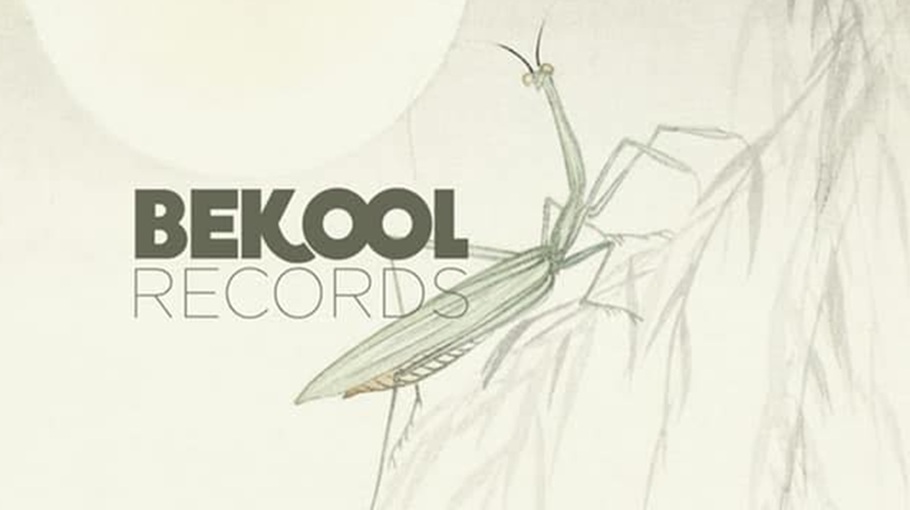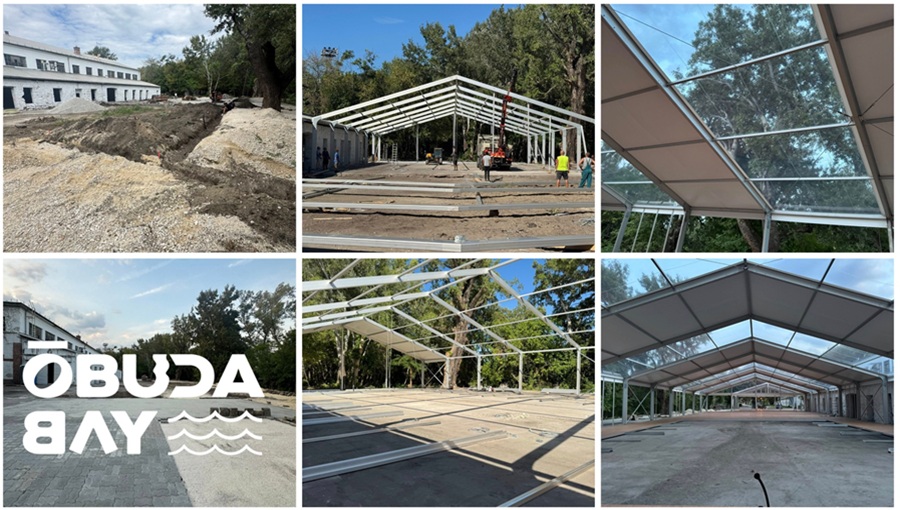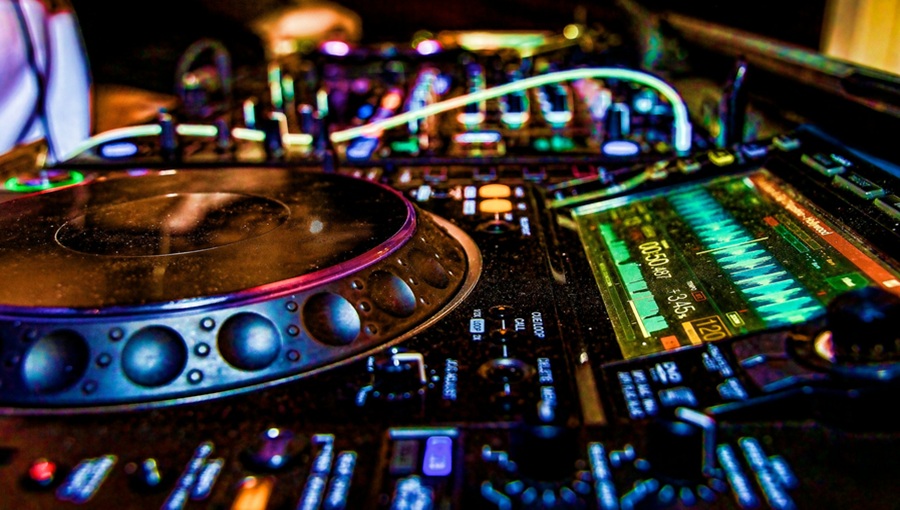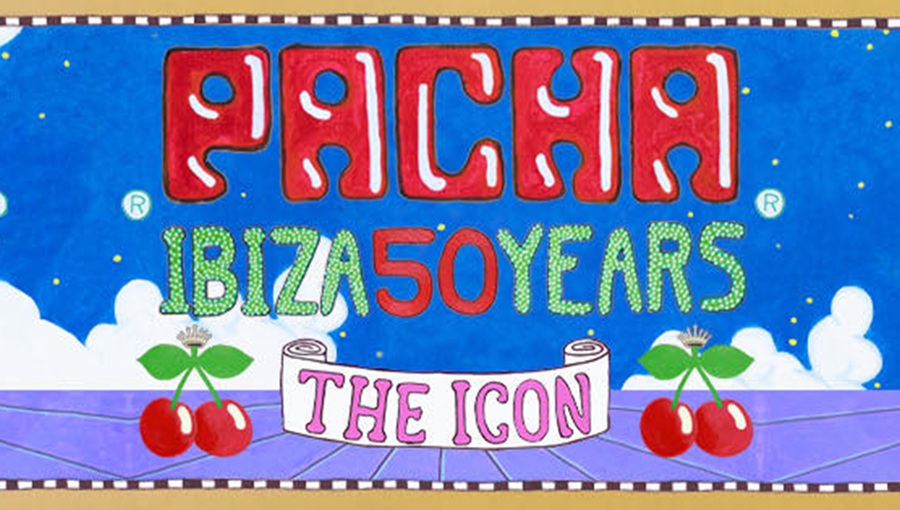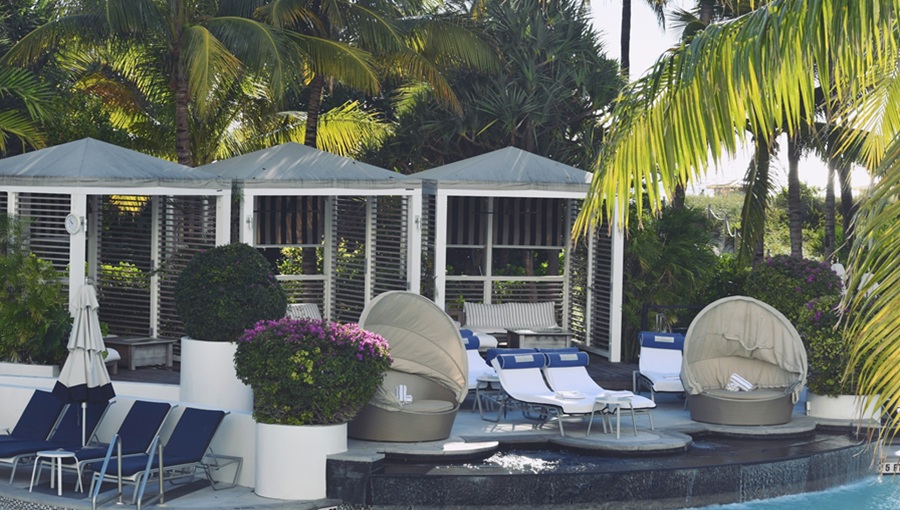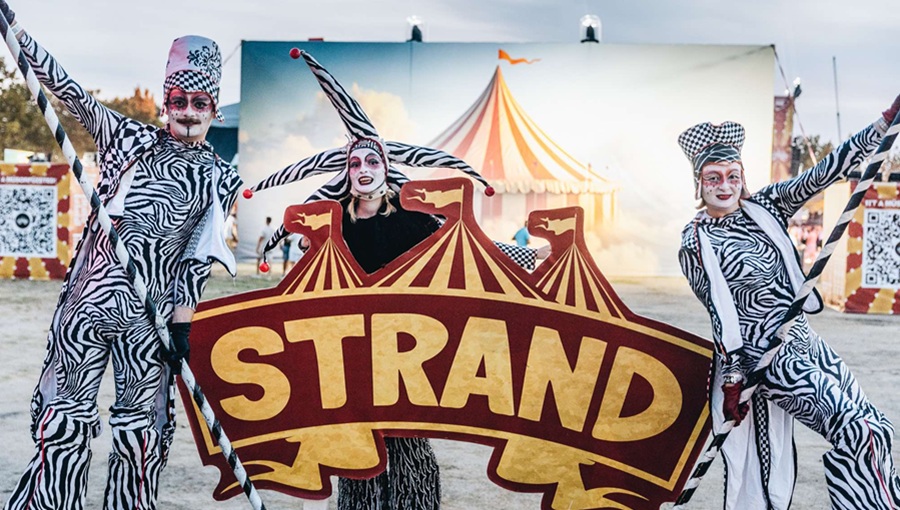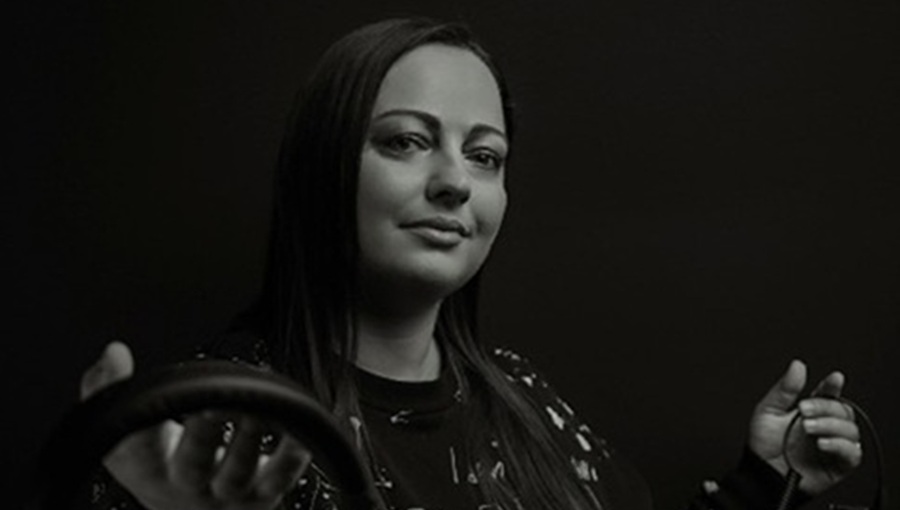Between East and West: An Interview with Erdi Irmak
2025.10.01 - Balatonica
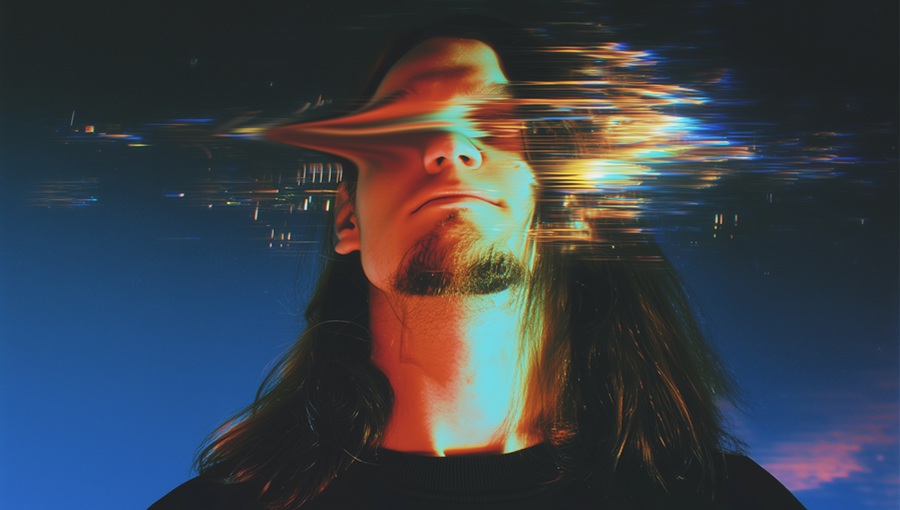
A big name is about to check in on Balatonica Podium: Erdi Irmak. In the following interview, the Istanbul-based DJ and producer talks about his early influences, creative process, and the vision behind his projects. Don’t miss this chance to hear one of the most exciting voices in electronic music share his story.
Early Influences
When did you first become interested in electronic music, and who were your earliest influences?
I didn't grow up surrounded by instruments or studios, so music felt a bit out of reach at first. But I was always drawn to interesting sounds. Early on I discovered artists like Susumu Yokota, Massive Attack, Bonobo, and Shpongle. The music from these artists completely opened my ears. Later I got into Nick Warren, Hernán Cattáneo, Sasha, and John Digweed. Their sets and productions made me want to create something of my own. That's really how it started for me. Slow, organic, but deeply personal.
How did growing up in Istanbul shape your musical identity—especially the fusion of East and West that people often hear in your work?
Growing up in Istanbul has been a mixed experience, but it definitely shaped my musical identity. The city is a blend of cultures, sounds, and rhythms, and living there gives your music a certain tension and emotional depth. So while I don't consciously fuse East and West, the city's energy and contrasts naturally seep into my tracks.
What have been some of the biggest challenges in developing your career as a DJ/producer in Turkey or globally?
Being based in Turkey can feel isolating sometimes. The support system for underground electronic music isn't as strong as in other places, so I've had to carve my own path. That said, it's taught me to be self-reliant and to build international connections, even if it can be challenging at times.
What is the electronic music / DJ scene like in Istanbul these days?
I tend to focus on my own projects rather than the local scene. While there are talented people here, my energy goes into creating and connecting with listeners worldwide.
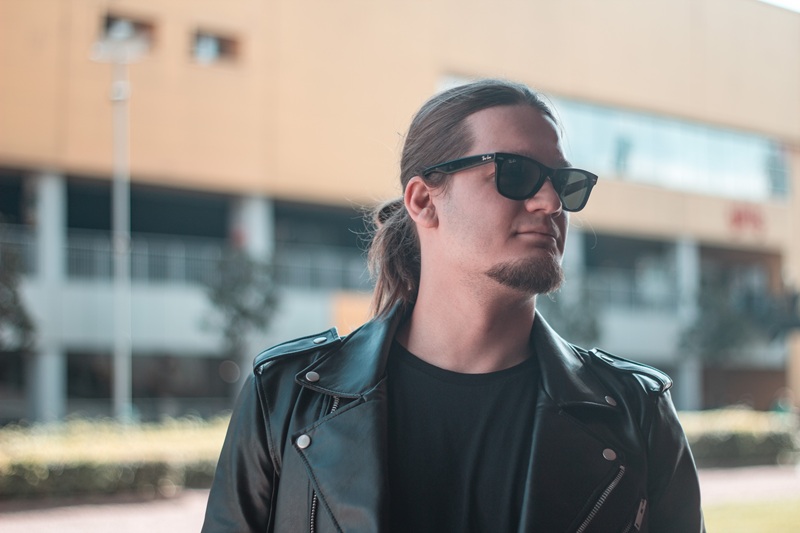
Creative Process
Can you walk us through your process of making a track—from idea to final mix?
It really depends on my mood. Sometimes I start with a 16-bar drums, sometimes a bassline, or even just a piano idea. I've been making music for a long time, so I can almost picture the arrangement in my head as I build it, which speeds things up. The content of the track really comes from my creativity and artistic vision at that moment, it's never a fixed formula.
How do you decide which styles or moods to combine (ambient, house, downtempo, etc.) for a given piece?
I don't really think of styles as boxes to choose from. It's more like painting with colors. Sometimes a track starts out as a deep, cinematic moment and naturally evolves into something dance-floor ready; other times it's a slow burn that stays in its own world. I follow textures, emotions, and atmospheres rather than genres. The style is simply the shape the feeling takes.
What was the concept behind Hidden Arcadia / Silent Realms? How has the series evolved over time?
Hidden Arcadia started back in 2014 on Proton Radio. It was my main show, playing my own unreleased tracks and promos from other artists I admire. Hidden Arcadia: Silent Realms is a newer project, only about four months old. It moves away from house and focuses on experimental, alternative, moodier sounds. Since I don't see myself only as a house artist, this show lets me share more left field but still emotional music with listeners.
Which track or volume of Hidden Arcadia are you most proud of, and why?
Every episode is special to me. Either I'm playing my own unreleased tracks or supporting music from producer friends. Each show feels like a snapshot of a moment in time, so it's hard to pick a single favorite.
How important is live performance to you, and do you adapt tracks differently when playing live vs studio?
Live performance is really important to me because it's a direct way to connect with the audience. I don't actually change my tracks during live sets. I prefer to present them as they were created but the energy of playing in front of people and feeling their reactions gives the music a whole new life. That interaction is what makes performing so special for me.
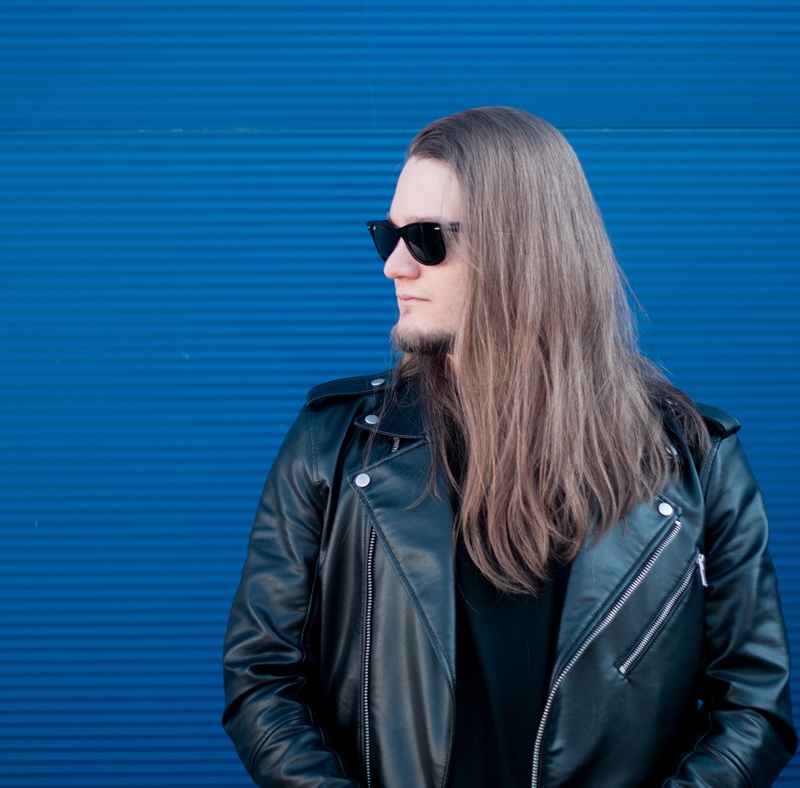
Labels & Vision
You founded Worlds Apart / Dreams Apart. What led you to start your own label/projects, and what do they represent?
Starting Worlds Apart felt like a natural next step. I wanted a platform with a clear identity where I could release music that truly fits my vision. Dreams Apart came soon after as a sub-label, giving space for more experimental, emotional, and cinematic works. Together they allow me to explore both the dancefloor and deeper listening sides of music.
What music are you currently listening to that you feel is inspiring or influencing your own sound?
Lately I've been diving into a lot of electronica and ambient music, drawn to their deep atmospheres and textures. Those sounds create a space where I can recharge and find new inspiration for my own work.
How do you stay motivated and avoid creative burnout?
Everyone has their own way of dealing with it. For me, taking short breaks and listening to completely different types of music helps. Sometimes it works, sometimes it doesn't, but giving myself that space usually helps me reset and come back with fresh ears and new ideas.
How do you balance staying true to your artistic voice vs. following trends in electronic music?
Trends come and go so fast, chasing them usually feels empty. I try to make music that feels honest to where I'm at emotionally. If it happens to align with trends, that's fine but it's never my main focus.
What advice would you give to young producers/DJs trying to find their voice?
Take your time, experiment, and stay curious. Don't try to sound like someone else — find your own path. It may take time, but that's where your real identity as an artist develops.
If you could donate one key lesson you've learned in your journey to someone starting out, what would it be?
Don't give up. Keep creating and stay true to your ideas. Consistency and persistence are what pay off in the long run.

